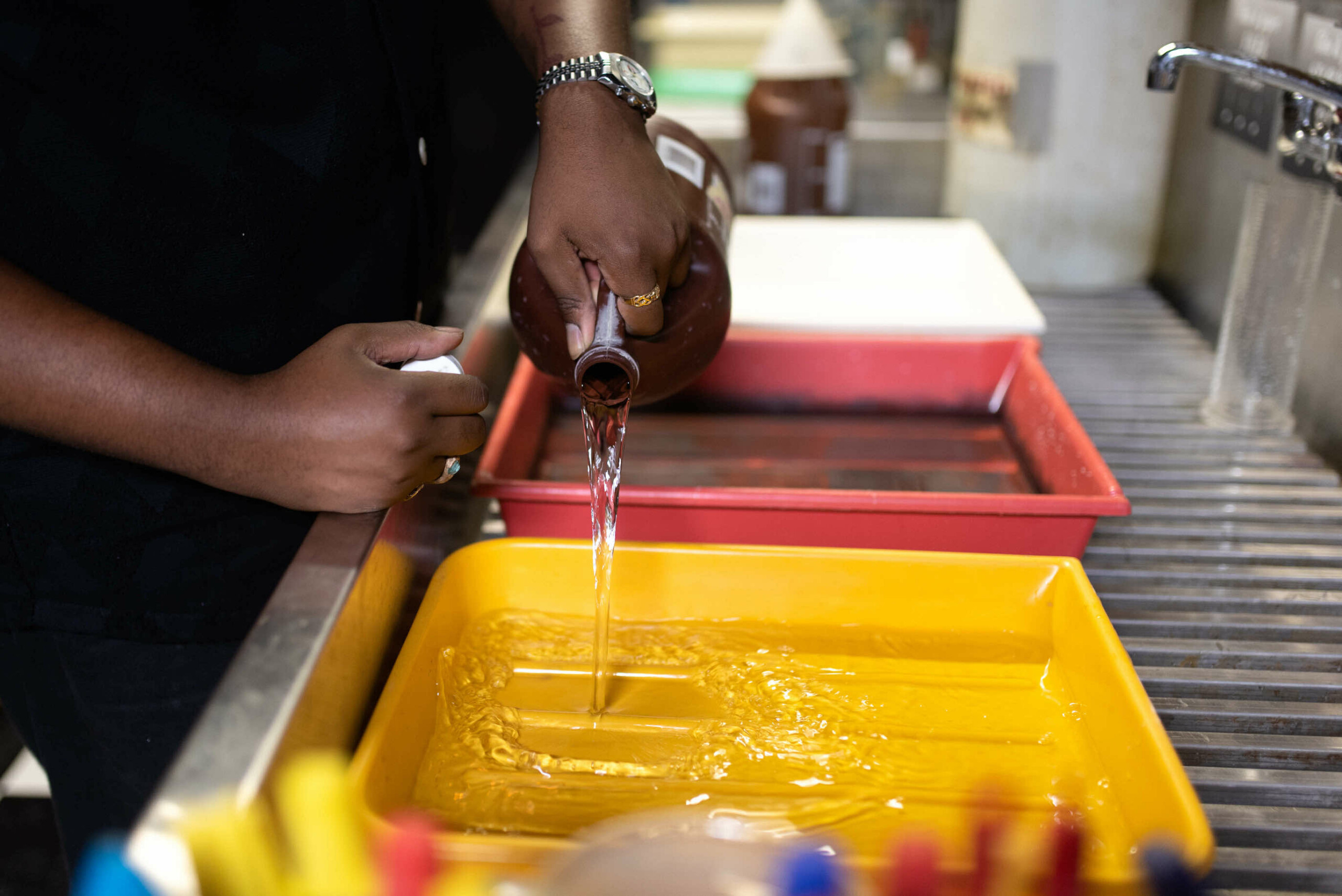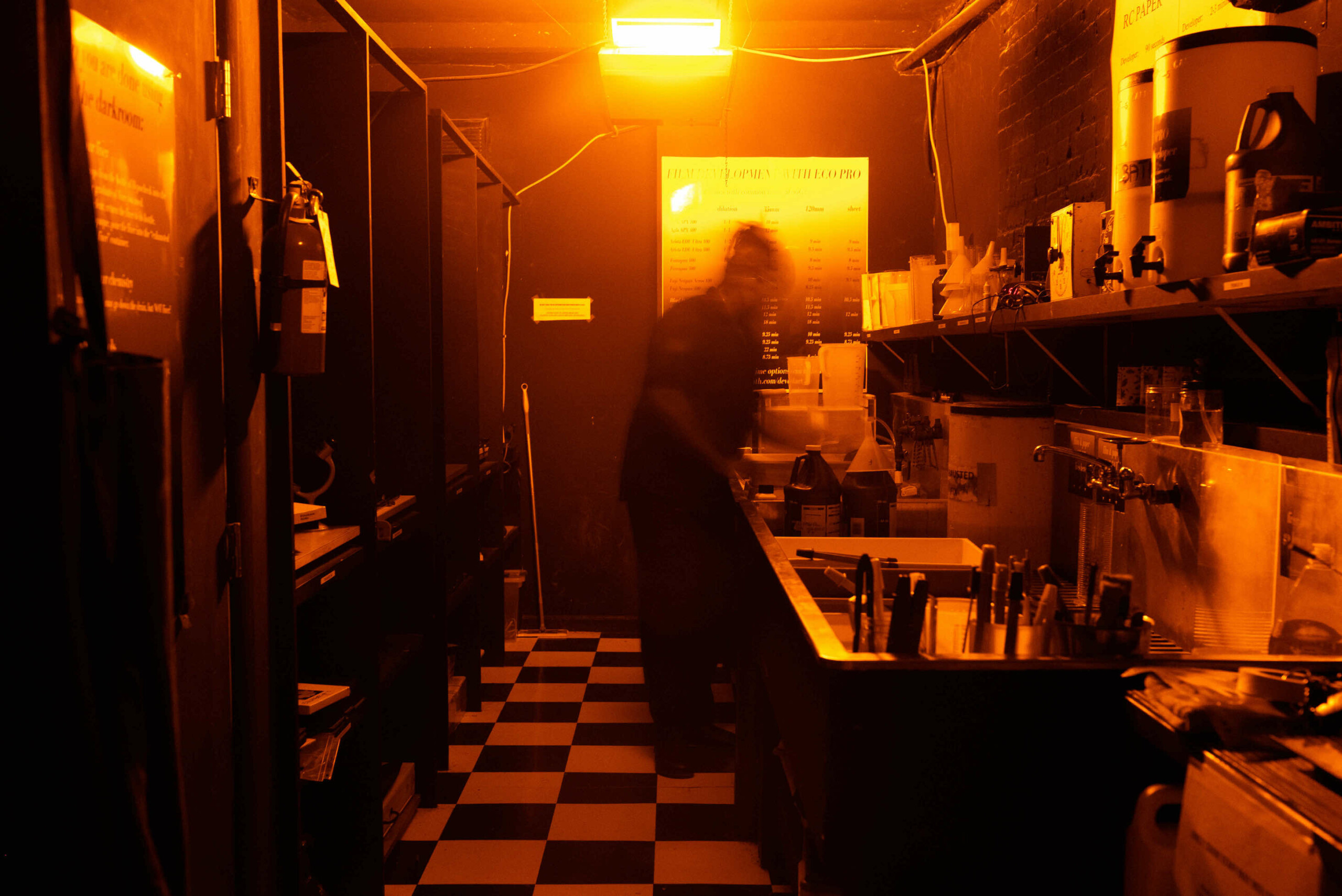If you’re passionate about filmmaking, you know that creating a successful film takes more than just a good idea. It requires careful planning, strategic development, and creative execution. That’s where film development comes in. In this article, we’ll provide a comprehensive overview of what film development entails, including the different stages of the process, the importance of storytelling, and how to finance and market your film.
If you’re looking for a professional film development lab to bring your vision to life, Gelatin Labs is here to help. Our team of experienced professionals understands the intricacies of the film development process and can guide you through every step of the way.
What is Film Development?
Film development is turning an idea into a fully realized film. It involves planning, executing, and refining every aspect of the film, from the story and script to casting, location scouting, filming, and post-production. Film development aims to bring a filmmaker’s vision to life and create a finished product that resonates with audiences.
The Role of the Film Developer
A film developer is a professional who oversees the film development process, from the initial concept to the final product. The film developer works closely with the director, writer, and producer to ensure that the film meets its creative vision and stays on track throughout development. A film developer may also be responsible for finding funding for the film, scouting locations, casting actors, and overseeing post-production.
The Stages of Film Development
The film development process is typically broken down into several stages:
- Pre-Production: This is the planning phase, where the idea for the film is developed into a script, and the production team is assembled. This stage may also involve location scouting, casting, and finding funding for the film.
- Production: This is the actual filming stage, where the scenes are shot and recorded according to the script.
- Post-Production: This is the editing and refining stage, where the raw footage is transformed into a final product ready for release. This stage may involve adding sound effects, music, and visual effects and editing the footage for pacing and continuity.
The Importance of Storytelling
At the heart of every successful film is a compelling story. Whether it’s a drama, a comedy, or a thriller, the report draws audiences in and keeps them engaged. A good story is not just a series of events but a cohesive narrative that takes the audience on a journey. Developing a solid story that resonates with audiences and has a clear message or theme is essential.
Financing Your Film
Financing a film can be daunting, but it’s a crucial part of the development process. Several ways to finance a movie include grants, crowdfunding, private investors, and studio backing. It’s essential to have a clear budget and a solid business plan when seeking funding for your film.
Bringing Your Film to Life
Once you have funding and a strong script, it’s time to bring your film to life. This involves finding the right cast and crew, scouting locations, and planning the logistics of filming. Having a clear vision for your movie and communicating that vision to your team is essential.
Marketing Your Film
Once your film is complete, it’s time to get it into the world. Marketing is a crucial part of the film development process, as it helps to generate buzz and attract audiences. This may involve creating a trailer, securing distribution, and promoting the film through social media and other channels.
Conclusion
In conclusion, film development is a complex and rewarding process that requires careful planning, strategic thinking, and creative execution. Whether you’re a first-time filmmaker or a seasoned professional, understanding the different stages of film development and the importance of storytelling, financing, and marketing can help you create a successful film that resonates with audiences. At Gelatin Labs, we’re passionate about assisting film makers in bringing their visions to life.













